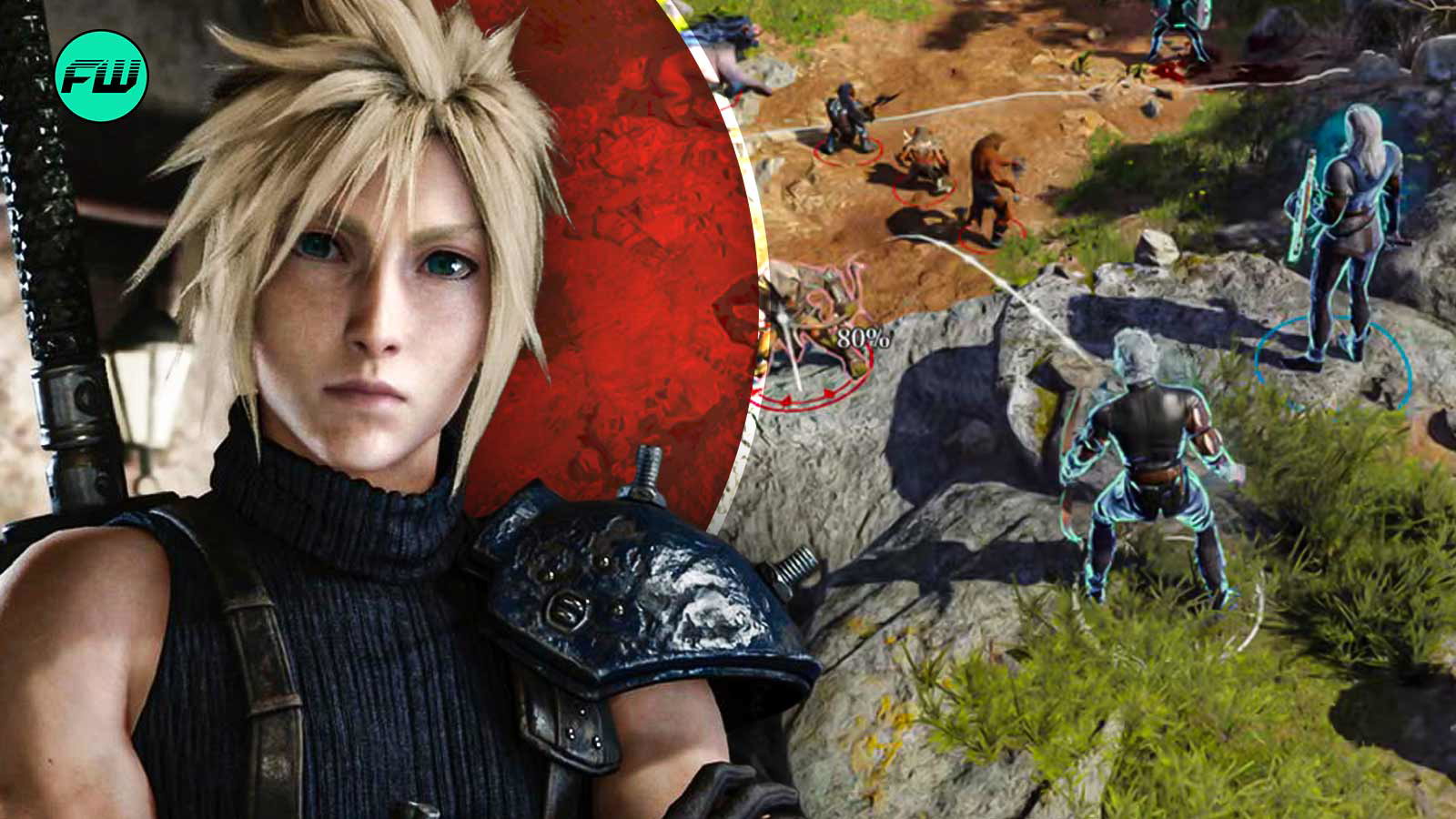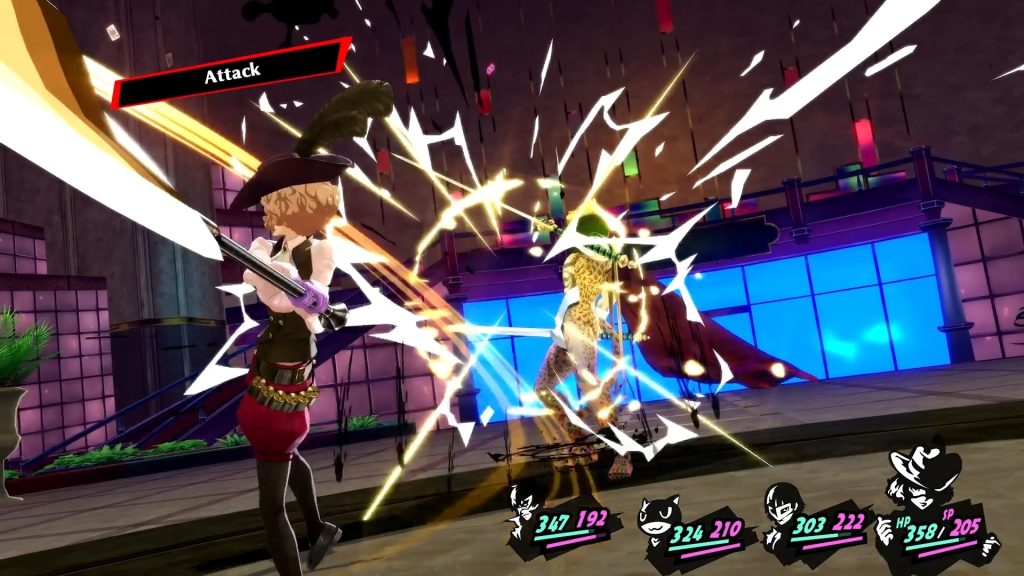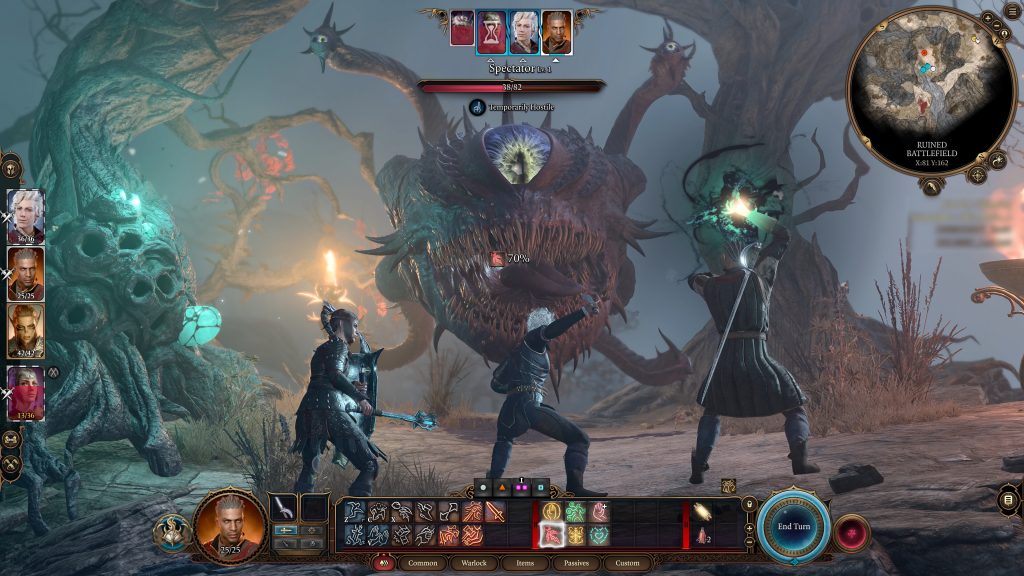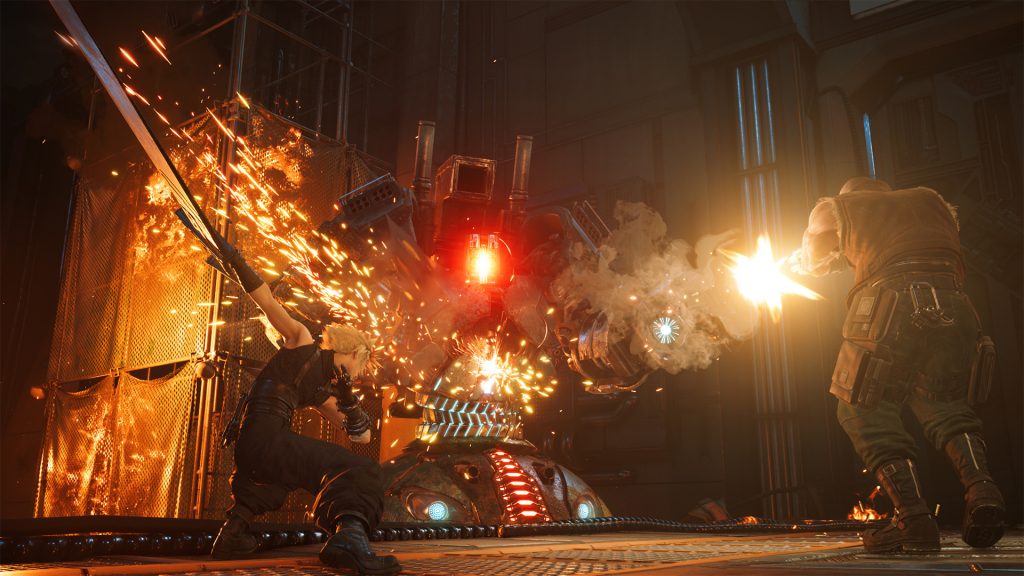Final Fantasy and other titles may use turn based combat effectively, but this does raise the question of whether the mechanic is now past its prime.

Final Fantasy and Pokemon didn’t invent the turn based combat system, but they did work to massively popularize this style of gaming. Ever since, long-standing franchises and new IPs have implemented this combat style to varying degrees of success.
Turn based combat is now massively popular in certain gaming circles, but it does make me wonder if the age-old mechanic still has a place in modern-day gaming. While the outcry from the fans would no doubt be a resounding “Of course!” There are some aspects of this combat system that make me wonder about its current state and future usage.
Immersion Takes a Back Seat Along with the Player
 Turn based combat can look flashy, but feels entirely devoid of agency. | Credits: ATLUS
Turn based combat can look flashy, but feels entirely devoid of agency. | Credits: ATLUS
Gaming has witnessed a sharp rise in quality in the past decade. Despite several flops, the graphical and technical aspects of gaming have reached new heights. Game developers now have access to procedural generation and AI to help in their workflow, a step many might count as being a detriment to the process. But the jump in what gaming has to offer across the board cannot be denied.
With games advancing in quality, their objective has changed as well. Along with delivering a fun experience, devs are looking at creating a world that can pull in the player. The community takes this even further, with several mods designed specifically to remove HUD elements, improve visuals, add dynamism to the environment, and even change the world to make it feel more alive. Overall, the goal is to make a virtual world that one can ‘believe’ is real.
Games with turn based combat, while still visually impressive, have certain aspects that work against player immersion. Many single-player titles of the modern age target a seamless experience, where the story, combat, and exploration all blend in seamlessly in one cohesive adventure, even going so far as to limit frame rates on certain systems to deliver the ‘optimal’ experience.
Often, when a battle starts, it involves some flashy intro from your opponent, maybe a team montage, and even some narrator input before you actually get to the combat. The immersion meter continues to dip as you are presented with several menus and UI elements that remind you “This is a game.”
The combat mechanic also feels a bit like backseat gaming. Even with the more dynamic form such as in Final Fantasy VII Remake, it reminded me of when I would help my younger sibling with games during the PS2 era. I would instruct him to perform an action, and he would perform the action. Would I be taking part in such a scenario if it wasn’t for my sibling being the one playing the game? Probably not.
Many would argue that these games are not looking for player immersion, nor are they meant for people who want to be on the front lines. However, the numerous menu systems do more than just break immersion.
Spoiled for Choice or Choices Spoiling the Experience?
 Even big hitters like Baldur’s Gate 3 fall into some of the same trappings. | Credits: Larian Studios
Even big hitters like Baldur’s Gate 3 fall into some of the same trappings. | Credits: Larian Studios
A turn based combat system wouldn’t be able to work without a multitude of menus on screen at any given time. From choosing your next move to selecting recovery items, menus have been a staple in the genre. The more complex the game, the more intricate the menu system and all the factors that they affect.
However, complex menu systems are not relegated only to the hardcore games in this genre. Even the more mainline ones are now adopting submenus within the menu systems. Fans of turn based combat would rejoice at this evolution, but it does also work to turn away people who are on the fence about the genre or are just newcomers to this space.
The greater the number or difficulty of the barriers to entry, the less likely people are to adopt something new. While the complexity of turn based combat menus can vary from title to title, it is an added layer of what people are generally used to from games. After all, God of War 2018’s inclusion of RPG elements in character customization was also met with some criticism as it strayed from the simpler foundations established by the original trilogy.
Call me a filthy casual all you like, but I prefer being able to actively participate in the game rather than navigating a series of menus to witness delayed actions. Does this mean I have closed myself off to several “great” games that I might have enjoyed? Sure. But, considering I wouldn’t enjoy the combat, I personally wouldn’t categorize it as a “great” game to begin with, especially when I would have to engage in that kind of combat again and again.
A Copy of a Copy of a Copy of a Copy
 Final Fantasy VII added a bit more action in the formula, but not enough in my opinion. | Credits: Square Enix
Final Fantasy VII added a bit more action in the formula, but not enough in my opinion. | Credits: Square Enix
Think of working through a gauntlet of trainers of any given route in any Pokemon game. Aside from the odd double battle, most of them are going to present the same level of challenge, oftentimes the same Pokemon. Now, that was fine when the game first released; after all, technical limitations greatly impeded how much variety game devs could include in their titles.
The case of repetition still exists for several turn based combat games where the player can essentially choose the same move to take out the same grunt they have faced probably ten times before. Yes, it’s similar to having a limited enemy variety type in games featuring real-time combat. But, in those, you have the benefit of being an active participant.
Along with repetitive enemies, there is also the time it takes for every fight to set up, given the intro animation to every fight before the player has control over exiting the clash. It might sound like a small detail, but there’s a reason many people prefer to use Repels in Pokemon when walking through a cave or some grass. Even with new games such as Clair Obscur: Expedition 33, I wonder if there is going to be filler content of a similar degree.
Turn based combat games are not going anywhere, and neither am I advocating for them to be eliminated from the gaming sphere. They have become many gamers’ preferred mode of combat, and entire franchises are built around the mechanic. However, expecting there to be some innovation and improvements to the age-old formula is par for the course when it comes to evolving technology.
What are your thoughts on turn based combat games? Let us know in the comments below!



